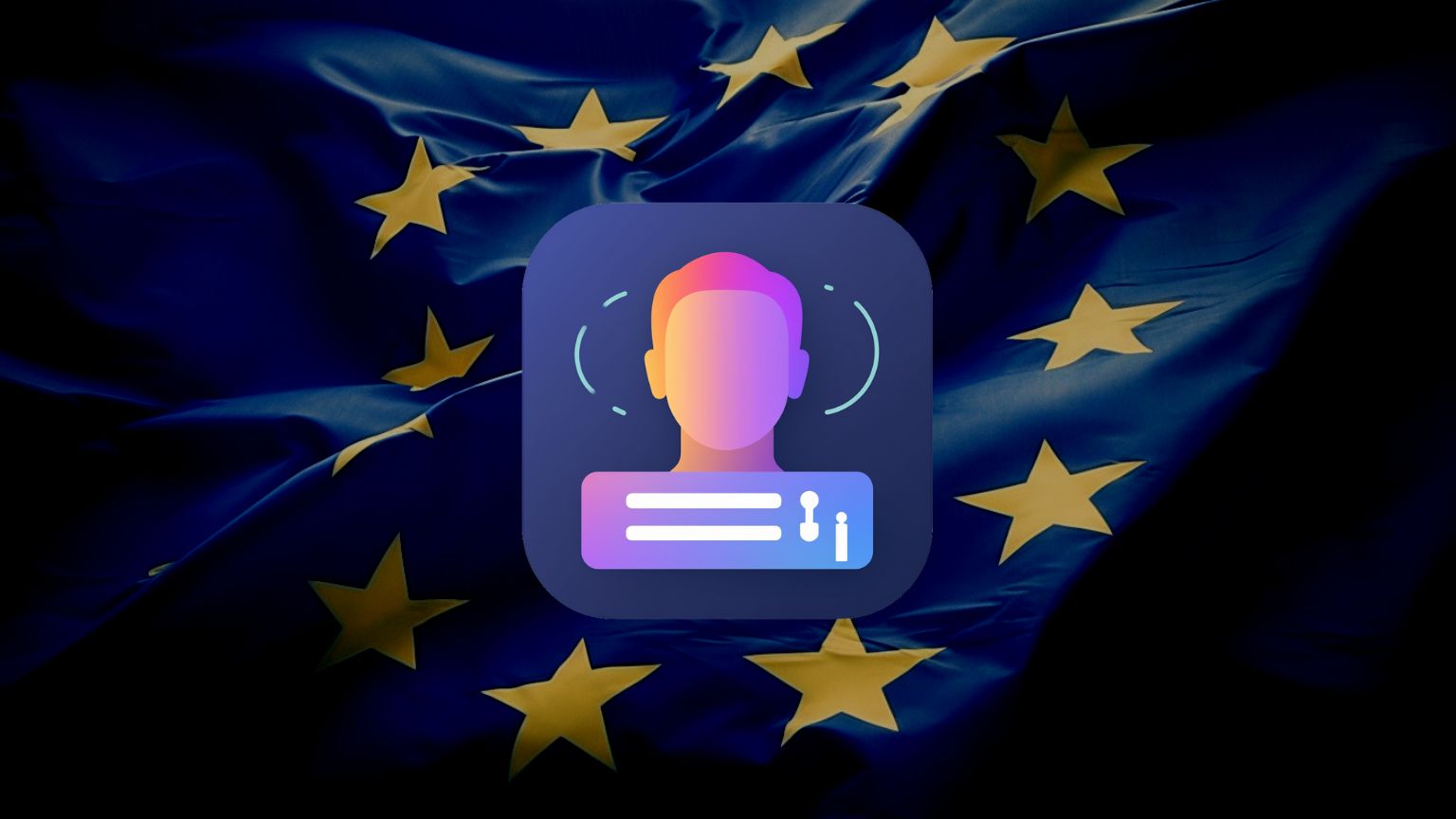The digital ID rollout is accelerating with little attention and not enough pushback. The European Commission has set aside €46 million (about $49 million) for the controversial European digital identity wallet, an upcoming smartphone app that will allow citizens of all 27 member states of the EU to store and share a digital ID. The money will be invested in pilot programs.
The wallet could be used for presenting travel credentials, registering a SIM card, opening a bank account, and accessing services like social benefits.
The four pilot projects will involve 250 public and private organizations in almost all member states, as well as Iceland, Norway, and Ukraine, and will run for a minimum of two years, Biometric Update reported.
The projects are supposed to help member states prepare for the European Digital Identity Regulation, which is currently being discussed in parliament. The projects will also put the bloc a step closer to achieving its goal of providing all citizens with a digital ID by 2030.
Some, however, have expressed security concerns with the project, arguing that storing so much data in one system would attract cyber attackers.
“It remains a challenge to provide the highest level of security given the deep fakes that you could inject into the system,” said Jean-Karim Zinzindohoue, the CTO of France Identite, during a seminar on the eID wallet scheme in Brussels.










